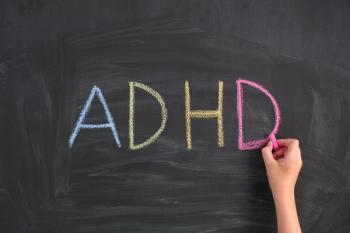
Poll: Parents note worsening mental health conditions because of pandemic
Teenagers are a very social group and the pandemic has severely restricted the ability to socialize. A new poll examines the impact of this restriction.
Adolescence is a time of parties, hanging out, and extracurricular activities in school. Those social connections are a huge part of a teenager’s emotional support structure. However, the pandemic has radically altered how much teenagers are able to socialize and how they’re able to do connect. The
Most of the parents said that the pandemic had a very or somewhat negative impact on their child’s ability to socialize with friends. When asked about how their child was connecting with friends and other peers, the most common ways were texting (64%) and connecting through social media (56%). Teenagers were also using online gaming (43%) and talking on the phone (35%) on a daily basis. Only a few parents said that their teenagers were physically getting together with friends either daily or nearly every day, both indoors (9%) and outdoors (6%).
Roughly half of the parents said that they noted a new or worsening mental health condition in their teenager since the start of the pandemic. There were differences between girls and parents. More teenaged girls than teenaged boys were noted to have increased depression/sadness (31% vs 18%) and anxiety/worry (36% vs 19%). Parents also note behavior changes that also differed between teenaged girls and boys such as negative changes in sleep habits (24% vs 21%), aggressive behavior (8% vs 9%), and withdrawing from the family (14% vs 13%).
The parents were also asked about strategies that they had used to help mitigate the negative effects.
- Relaxed pandemic rules: 52% of parents did this, 81% of those parents said it helped
- Relaxed social media rules: 47% of parents did this, 70% of those parents said it helped
- Spoke to teachers/school counselors: 34% of parents did this, 57% of those parents said it helped
- Looked for information on internet: 32% of parents did this, 58% of those parents said it helped
- Sought help from mental health provider: 29% of parents did this, 74% of those parents said it helped
- Encouraged teenager to use a web-based program: 25% of parents did this, 60% of those parents said it helped
Reference
1. C.S. Mott Children’s Hospital. National Poll on Children's Health: How the pandemic has impacted teen mental health. 2020;38(2). Available at:
Newsletter
Access practical, evidence-based guidance to support better care for our youngest patients. Join our email list for the latest clinical updates.






